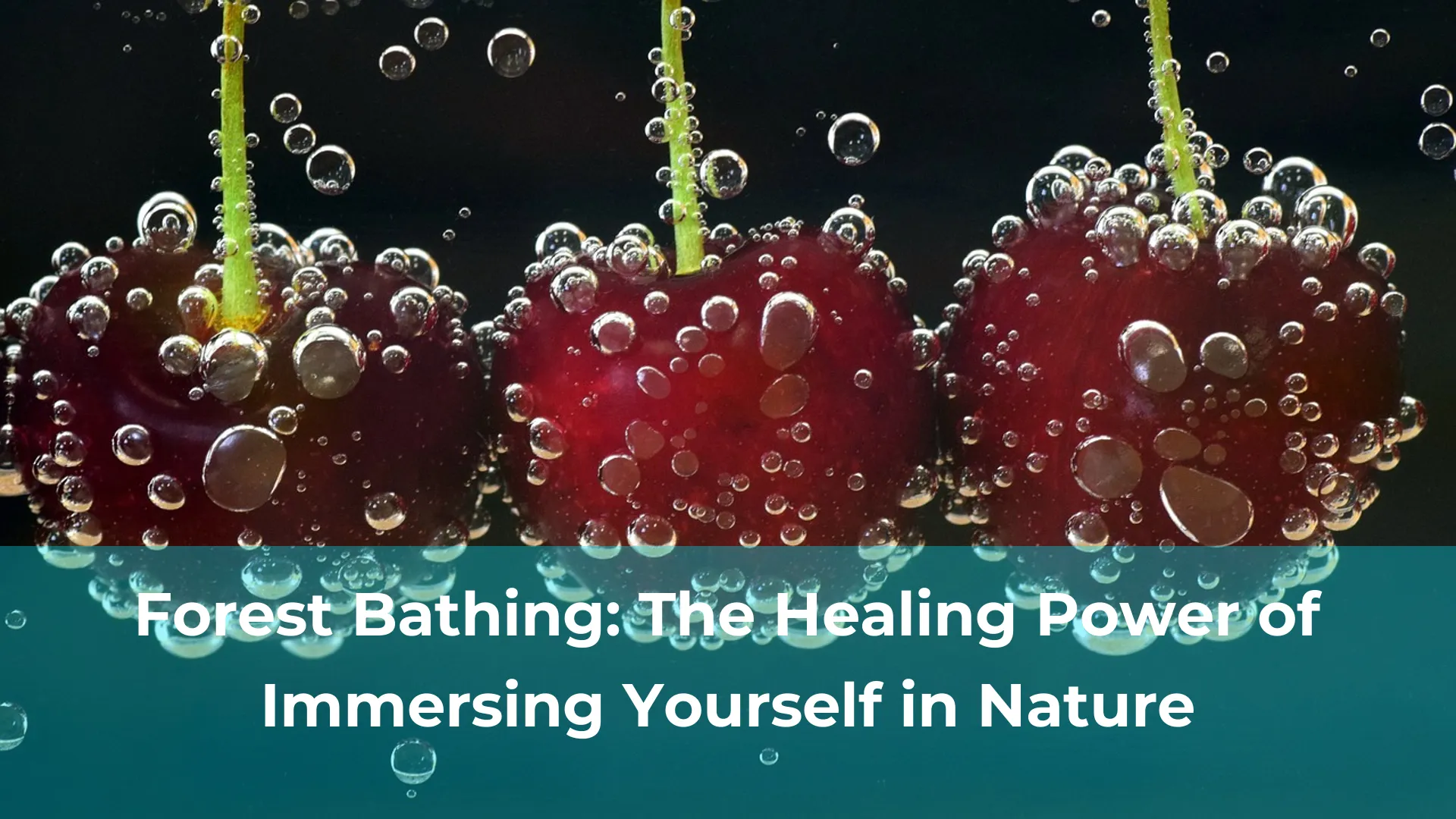Forest bathing the healing power of immersing yourself in nature
Forest Bathing: The Healing Power of Immersing Yourself in Nature
Forest Bathing, also known as Shinrin-Yoku in Japanese, is a practice that has gained popularity in recent years due to its numerous health benefits. This ancient technique involves immersing oneself in a forest environment to enhance overall well-being and reduce stress. Studies have shown that spending time in nature can have a profound impact on our physical, mental, and emotional health, making forest bathing a powerful tool for healing and rejuvenation.
When we step into a forest, we are not only surrounded by the soothing sounds of rustling leaves and chirping birds but also the healing powers of nature itself. The practice of forest bathing encourages us to slow down, be present, and engage our senses fully. By breathing in the fresh air filled with natural essential oils released by trees, our bodies experience a decrease in stress hormones and an increase in the production of immune-boosting cells. This, in turn, strengthens our immune system, lowers blood pressure, and improves overall cardiovascular health.
The Science Behind Forest Bathing
Forest bathing, also known as shinrin-yoku, is a practice that has been gaining popularity in recent years for its numerous health benefits. But what exactly is forest bathing and why is it so effective? The science behind this therapeutic activity lies in the natural environment of forests and the impact they have on our well-being.
How Forest Bathing Can Improve Mental Health
Spending time in nature has long been known to have a calming effect on the mind, but recent studies have shown that a specific practice called forest bathing can have a profound impact on mental health. Known as Shinrin-yoku in Japan, forest bathing involves immersing oneself in the sights, sounds, and smells of a forest environment. This practice has been proven to reduce stress, boost mood, and improve overall well-being. In this article, we explore the science behind forest bathing and how it can be incorporated into our modern lifestyles to promote better mental health.
The Physical Benefits of Forest Bathing
Forest bathing, also known as Shinrin-yoku, is a practice that has gained popularity in recent years due to its numerous physical benefits. Spending time in nature has been proven to have a positive impact on our overall well-being, with research suggesting that it can lower blood pressure, reduce stress levels, and boost the immune system. The practice involves immersing oneself in a forest environment, connecting with nature, and engaging all senses to fully experience the healing power of the natural world.
One of the key physical benefits of forest bathing is its ability to reduce stress and anxiety. The sounds, smells, and sights of the forest have a calming effect on our nervous system, helping to lower cortisol levels and promote feelings of relaxation. Studies have shown that spending time in nature can also improve sleep quality and enhance mood, making forest bathing an effective natural remedy for those struggling with stress-related disorders.
Not only does forest bathing have a positive impact on our mental health, but it also offers numerous physical benefits. Spending time in nature has been linked to lower blood pressure levels, which can help reduce the risk of heart disease and stroke. The phytoncides, or essential oils, released by trees have been found to boost our immune system, increasing the production of natural killer cells that fight against viruses and cancer cells. Additionally, walking in a forest environment provides a gentle form of exercise, helping to improve cardiovascular health and strengthen muscles.
